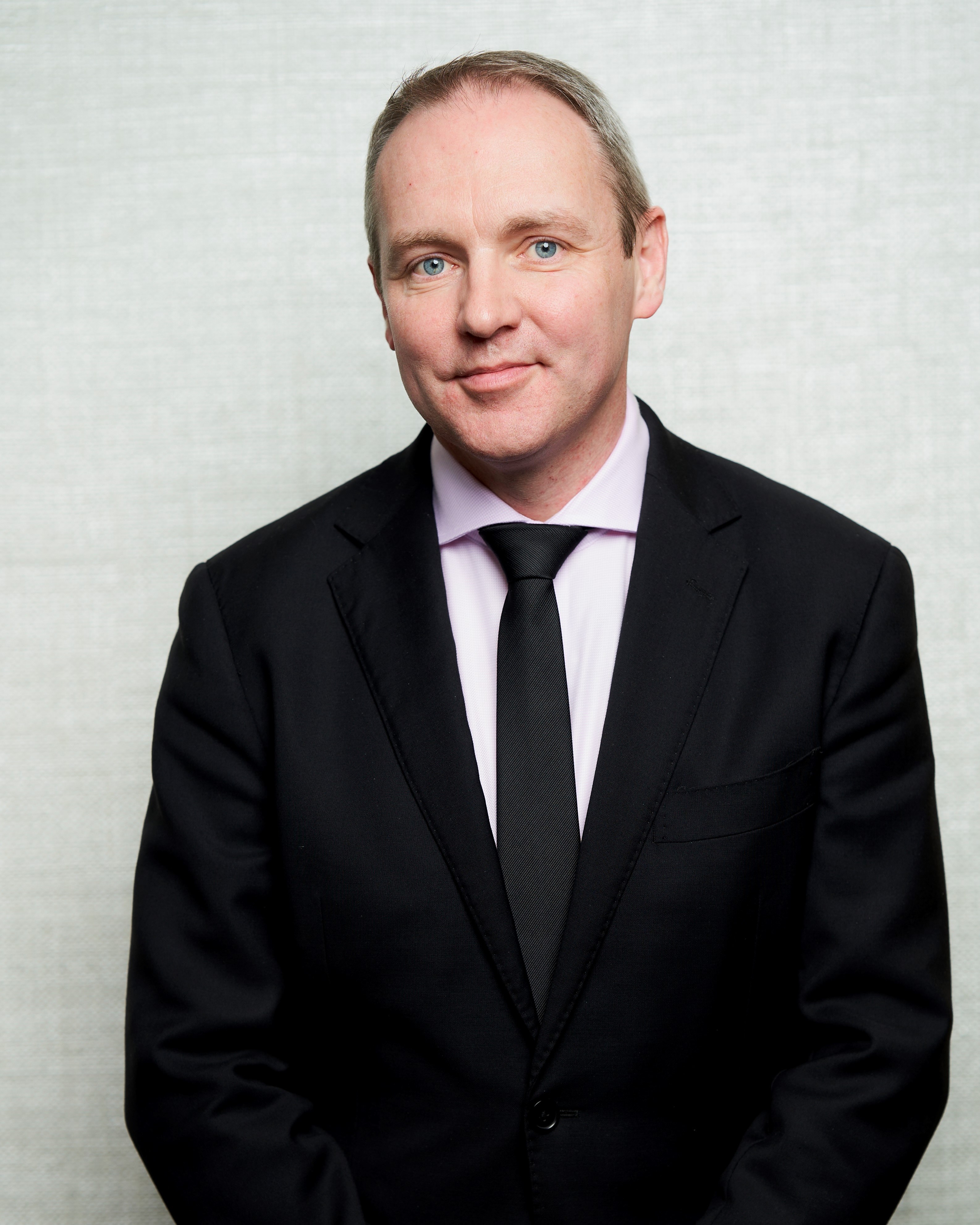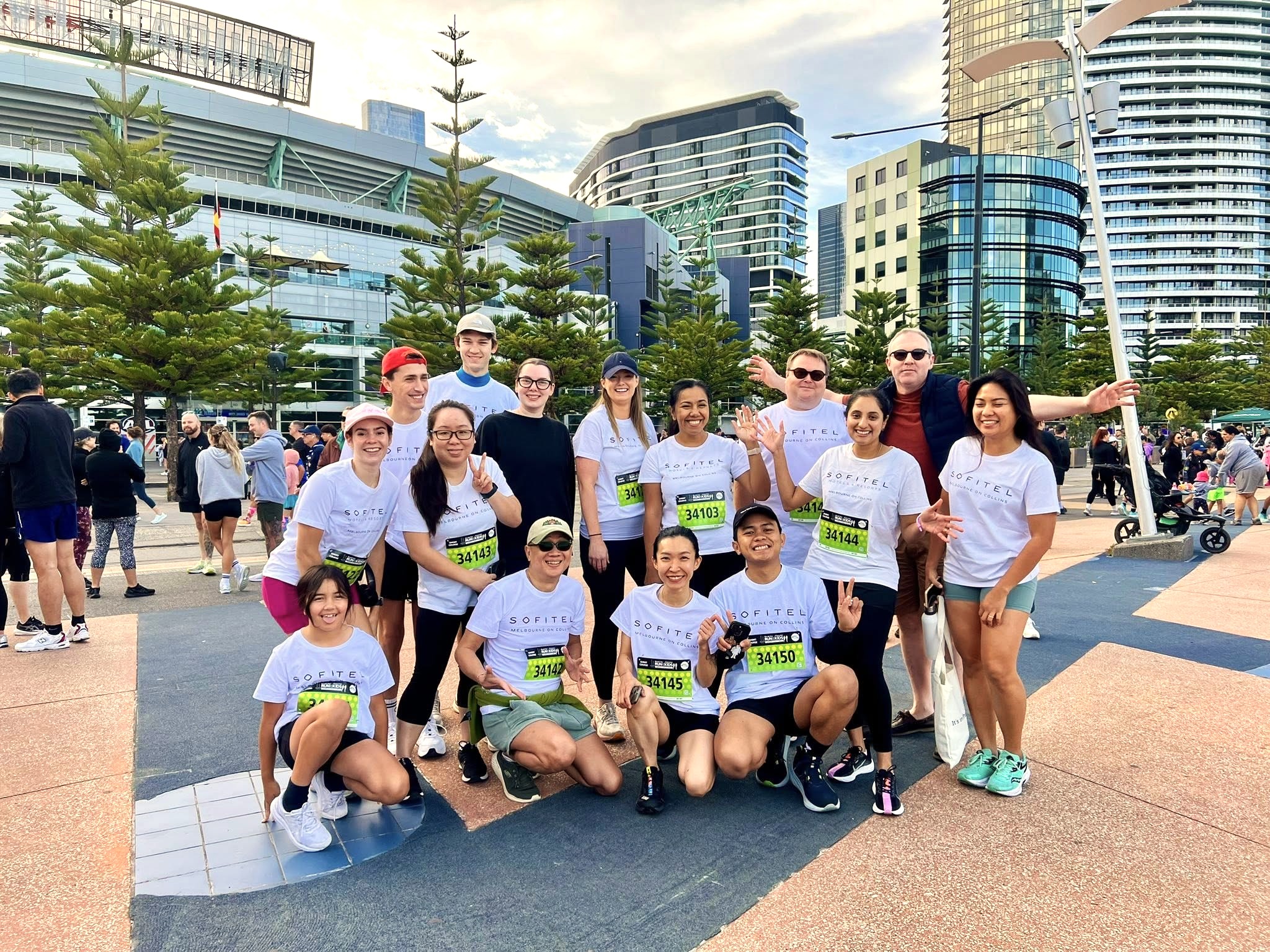Stephan Leroy, like all great leaders, was happy to share his wisdom, and big life experiences. On cultural variations in management practices, Stephan, a seasoned leader in luxury hospitality, shared profound reflections on team dynamics, the immigrant experience in the industry, and the understated yet impactful pursuit of continuous improvement necessary in their field.
One of the standout themes from the meeting was the idea of never judging someone too quickly— a principle Stephan came to value deeply during his tenure managing a bar in London.
“Yes, never judge anyone,” he said. “You never know who they are, where they’re from, or what they’ve been through. I remember working in London, and we had this young guy cleaning glassware in the back of the bar. At first glance, he appeared unassuming—quiet, courteous, and diligent. However, as we began to converse, I learned that he had fled Sri Lanka during the civil war in the early 2000s and was rebuilding his life under refugee status.”
That knowledge gave Stephan a much bigger, and more holistic approach to his team. He reflected on how the intimacy of a small team environment allowed individuals to connect on a level that transcended roles and titles.
“Although he initially worked in a cleaning role, he was an exceptional individual,” Stephan reflected. “When the opportunity arose, we transitioned him to a front-of-house position. He embraced the chance wholeheartedly, later establishing his own business. Everything eventually came together for him. I felt immense pride—he was among the first team members with a Sri Lankan background to work on the floor, and he excelled. In truth, he demonstrated a sharpness that often surpassed that of his local peers.”
“It is the kind of story that leaves a lasting impression,” Stephan noted.

Today, as General Manager of the Sofitel Melbourne On Collins, Stephan oversees a vast and complex operation. With nearly 18 years of experience within the Accor group, his professional journey reflects both depth and distinction.
People are People, wherever they are.
Throughout his career, Stephan has lived and worked in numerous countries—from France, United Kingdom, to French Polynesia to China, and now in Australia. His experiences have revealed a profound insight: beneath cultural practices and societal frameworks, the fundamental needs of people remain universal.
“At their core, people simply seek respect, care, and a sense of belonging,” Stephan observed. Whether you’re in France, China, Australia, or a tiny island in Polynesia—it’s the same.”
Stephan and the team – serving, not just in the hotel
“In my experience, some managers didn’t make it in those places, not because the place was hard, but because they did not treat individuals with the dignity they deserve. They treated them like foreigners, like outsiders — and that approach is never sustainable.”
The conversation turned toward the idea of global citizenship—a concept Stephan embodies in both his personal and professional life.
“We’re all citizens of the world. I’ve found Australia to be more Anglo-Saxon in its management style, a bit rigid at times. It took me a while to find my place here. But I understand—every country every country seeks to protect its own cultural and professional spaces. If someone went to France and didn’t speak French, they’d struggle too. It’s about learning to navigate the differences, not resist them.”
Now, after years of pushing through systems that didn’t always make room for outsiders, Stephan is in a position of recognition. But he remains grounded—and deeply aware that many talented individuals are still awaiting their opportunity.
“There are individuals here who work incredibly hard and haven’t been recognised yet. One of our public area cleaners, for example, is a fully trained pilot. At present, however, he is collecting bins at the hotel while he awaits for his qualifications to be recognised in Australia. That’s reality.”
Sharing great Books that carry Wisdom is a big factor
Books, for Stephan, have also played a quiet but important role in mentorship.
“There are a few that I always go back to. I’ll buy copies for the team sometimes, depending on where they’re at in their professional journeys. It’s about timing. certain books will only resonate when an individual is ready. When someone is preparing to transition into a leadership role, I want them to have a broader, more holistic view— beyond merely fulfilling tasks.
When asked about navigating difficult leadership or toxic environments, Stephan’s advice is clear and calm. “Sometimes it is simply a matter of timing. If it’s not working with senior management, maybe it’s just time to move on – to a different environment, a different leadership style, a new connection. There is no need to engage in unnecessary conflict. Sometimes, the best course is to shift.”
What drives him is simple: be real, be honest, and keep growing.
“Authenticity is essential,” Stephan emphasized. Don’t try to be someone else. If you spend too long pretending to be someone else, eventually the façade will collapse—and when it does, it can bring you down with it. I remind my team that none of us is perfect, myself included. But every day, we strive to be a little better. That’s how you progress. step by step, over time.”
He likened this philosophy to running a sprint. “If you think you have done enough, you stop pushing. You slow down. Inevitably, others will surpass you. But if you maintain the mindset that there is always more to achieve, you will continue to run—at full speed, without hesitation. That’s how you finish strong. And even if you’re not first, at least you know you gave it everything. You emptied the tank. You didn’t leave anything behind.”
Not everyone will be happy, he acknowledges—and that’s okay.
During his time in China, Stephan gained a significant perspective on cultural values and leadership.
“I learned something important. In Western societies, we think so much about individual happiness. I want this, I want that. But in China, it’s different. It fundamentally centres on the well-being of the group. If the group is happy, the outcome is good That philosophy stayed with me, and since returning, I apply it in my leadership. Some decisions may not please everyone, but if they’re better for the team as a whole, I’ll take that win.”
On perceptions and first impressions, Stephan is pragmatic and direct. “I always tell the team—look, it’s not about tattoos or piercings. It’s about understanding how people perceive you before they truly know you. If you come in like a blank canvas — professional, composed—you invite curiosity. people are curious. They’ll ask questions. You get the chance to define yourself. But if you walk in wearing all your beliefs outwardly from the start, you’ve already told your story before exchanging a single word.”
He shared a laugh about his own experiences with bias.
“People judge my accent all the time. Some assume I am less intelligent because I don’t sound like them. But I made a decision to keep my accent 25 years ago. and I am entirely at peace with it. Ironically, many of those who judge have never travelled or lived abroad; their perspectives remain limited.”
He shared a memory of working at for Marriott group, when a guest refused to be served by a dark-skinned team member.
“I went up and said, ‘We have 18 team members here representing with fourteen different nationalities. I may be white, but I’ve got an accent. I’m not British. If that’s a problem, you’re going to find it difficult to stay here.”
The guest was not hostile—merely uninformed, Stephan explained. “He’d never been exposed to anything – any diversity. So I explained: that young man had fled a war to avoid being forced into violence and had come here to rebuild his life. And you could see the guest’s perspective begin to shift, even if just slightly. I don’t think it’s about educating people. It’s about creating awareness. The real work of understanding must come from within.”

And the future? It’s looking hopeful.
In his personal life, Stephan finds quiet hope in the way the next generation sees the world.
“My daughters? They don’t see race. I have to ask them, ‘Where do you think this person’s family is originally from?’ And they’ll guess—India? UK? But for them, but to them, it doesn’t matter. There’s no separation, no judgment. They see people simply as people.
Moments like that remind me that change is possible in whatever field you are—that the future can be more open, more compassionate than the world we grew up in.”



